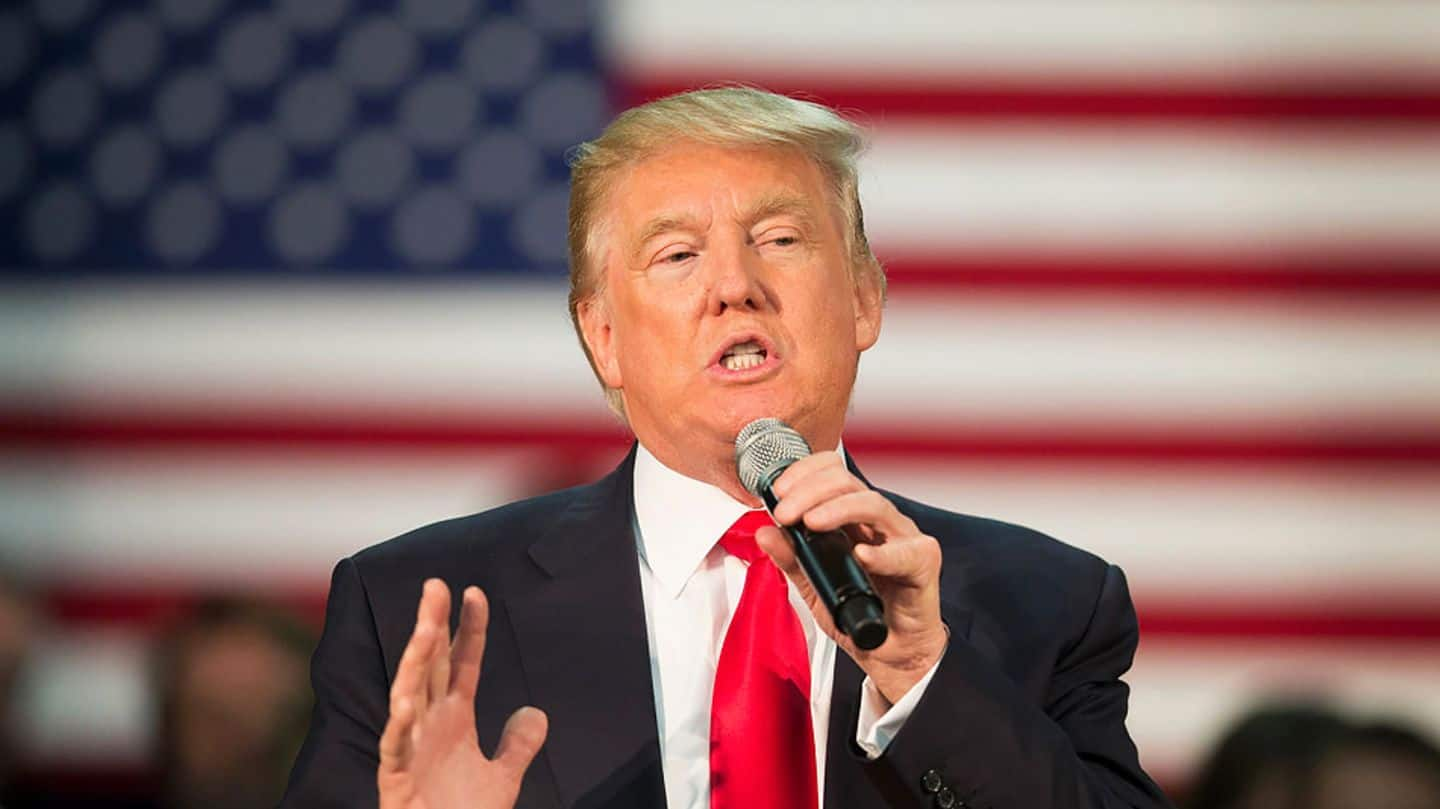
US: Postponement of 2+2 meeting with India not over trade-disputes
What's the story
Despite repeated false accusations, rhetoric, and retaliatory trade policies, the US, on Wednesday, said that the postponement of the inaugural 2+2 meeting between its foreign and defense ministers with their Indian counterparts had "nothing to do with trade, sanctions or policy issues". Earlier, on Wednesday, the US had announced the postponement of the meeting, which was initially scheduled for July 6. Here's more.
Quote
US state department: USA committed to India partnership
"This scheduling change has nothing to do with trade, sanctions or any other policy issues. We remain firmly committed to our partnership with India and look forward to rescheduling the 2+2 as soon as possible," said a US state department spokesman to the Hindustan Times.
Postponement
US cites "unavoidable reasons" for postponement of the meeting
When postponing the meeting, the US cited "unavoidable reasons" for secretary of state Mike Pompeo's absence during the meeting scheduled for July 6. While the White House made no formal announcement, MEA spokesperson Raveesh Kumar tweeted that Pompeo had spoken to External Affairs Minister Sushma Swaraj "to express his regret and deep disappointment" over the postponement of the meeting.
Speculation
Many believe the postponement owes to trade disputes
The US' decision to not disclose where Pompeo had to be, understandably, gave rise to speculation. While some speculated on where Pompeo was going to be, others thought that the "unavoidable reasons" alibi was a cover-up, and the postponement could have been precipitated by one or all of the trade policy differences which has arisen between the two nations.
Trade disputes
India-US trade disputes has hit a new low
While trade has been a thorny issue in India-US ties for a while now, it hit a new low in March when President Trump railed against import tariffs imposed by India, and challenged several Indian export subsidies at the World Trade Organization (WTO). Subsequently, in April, the Trump administration said it was reviewing India's eligibility for the generalized system of preferences (GSP).
Harley-Davidson
Harley-Davidson imports still remains a major contention
Trump's major contention was India's 50% import tariff on Harley-Davidson motorcycles, as against the US' policy of imposing "zero tax" on the import of Indian motorcycles to the US. In February, the finance ministry had reduced import duties on foreign-built motorcycles to 50%, from the earlier 60% (engine < 800cc) and 75% (engine > 800cc). However, that had failed to please Trump.
Sanctions
Sanctions could jeopardize oil imports, and defense acquisitions from Russia
Another fault line in the otherwise cordial India-US relations is the issue of sanctions on Russia and Iran; India views those as "unilateral decisions" which the US forces the rest of the world to comply with. US sanctions currently stand poised to jeopardize India's oil import from Iran, and its acquisition of S-400 air defense systems from Russia.